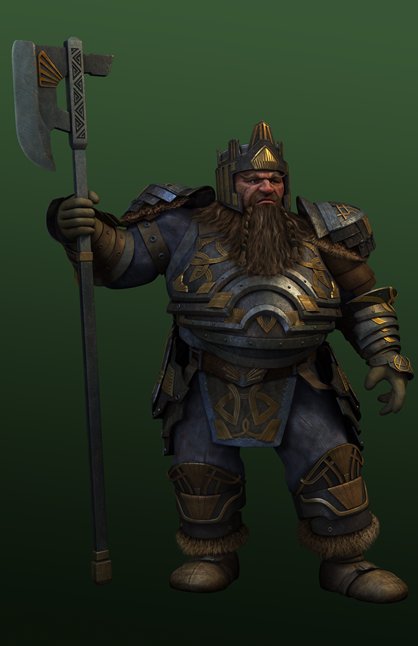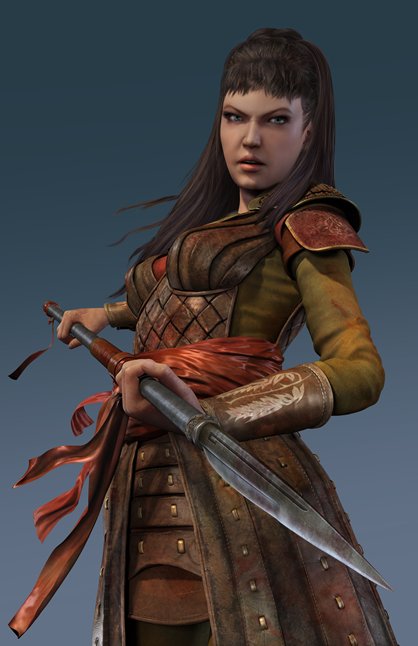Lord of the Rings Online: Mines of Moria
There’s pressure on MMO developers to get their dungeons right, but imagine the crunch on Turbine to nail literature’s darkest, deepest, and most revered subterranean world (sorry, Batcave). As the first full retail expansion pack for LOTRO, Mines of Moria opens up the long-dormant Dwarven capital of Khazad-dum and its surrounding areas, drawing the player into the struggle to re-establish Dwarven supremacy beneath Middle-earth.

Your entry into Moria takes place a few weeks after the Fellowship passes through, as you join a plucky bunch of Dwarves in their expedition to break past the Hollin Gate. It’s not as simple as kicking down a door - a vicious squid-like monster called The Watcher attacks, and you must beat a retreat. To ward off the creature and gain access to Moria, you must return with a legendary weapon. For Turbine, it’s these items that anchor its new advancement system - one we reckon its competitors could be copying wholesale very soon.
Overall, legendary weapons are meant as a distinct avenue for driving up players’ attachment to their loot. You’ll gather ingredients to start, and take them to a specialist NPC called a Forge Master. Once they’ve identified your materials and melded them into a legendary weapon, the weapon will level alongside your character, gaining experience that can be put into “legacies” to improve characteristics.

As your legendary weapon approaches higher levels, it’ll become a mobile quest hub (any missions that stem from it vary based on the type of arm you forged, too). Because your lance is going to be handing you side-quests, we should think of legendary items more as companions than common loot, says LOTRO’s Executive Producer, Jeffrey Steefel. They’re also a source of solo play for high-level characters nearing the end game, and for Steefel, that’s a big deal. “We think that’s huge. It’s a whole new dynamic for elder players to be able to do something really cool, really extensible, that they can do with people or without people.”
Weekly digests, tales from the communities you love, and more


